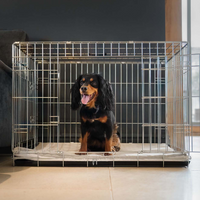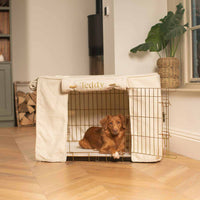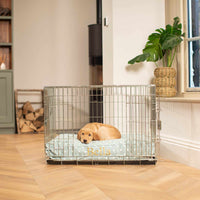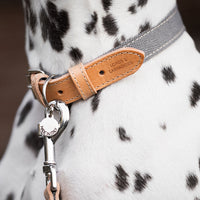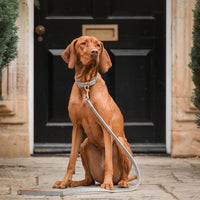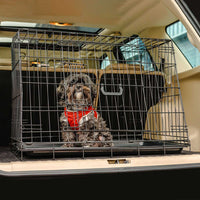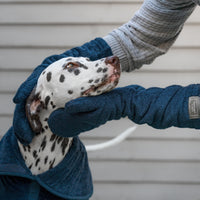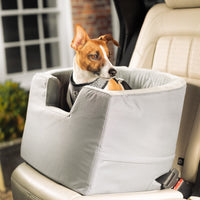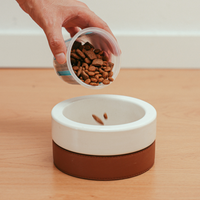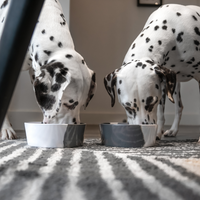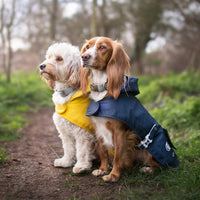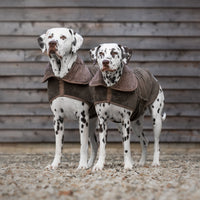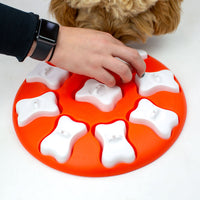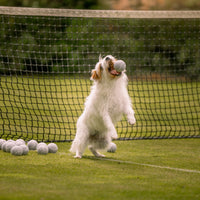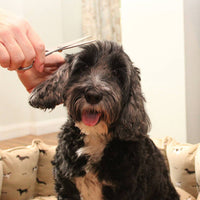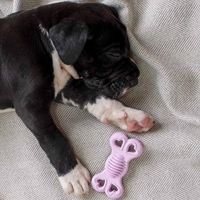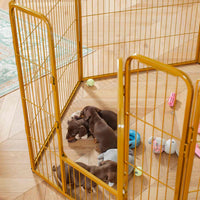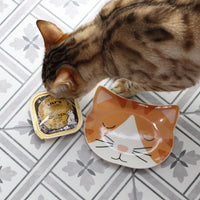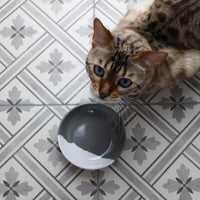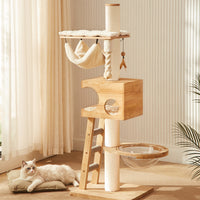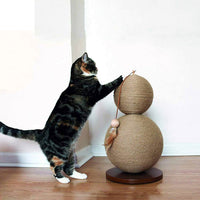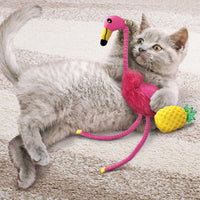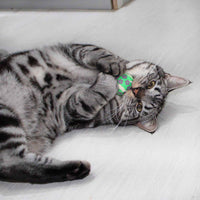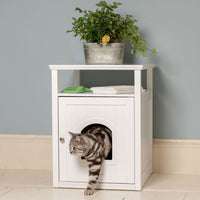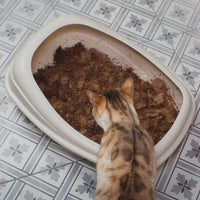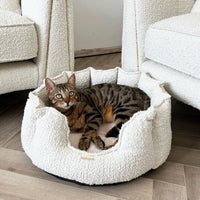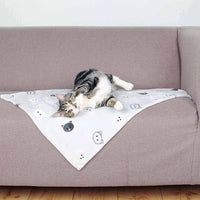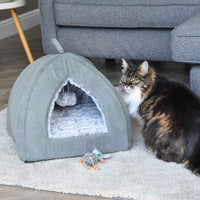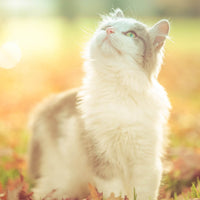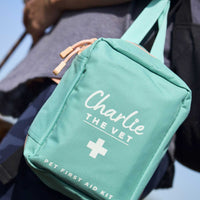Obesity in pets is on the rise – it is estimated that over 50% of dogs in the UK are overweight. Obesity is a serious welfare issue and can negatively affect your pet in many ways, in some cases even causing diabetes, heart disease, respiratory disease, high blood pressure and even cancers. Here we will look at ways to tell if your cat or dog is overweight and ways to help prevent obesity in your pets.
How To Tell If Your Dog Is Overweight
• You should be able to see and feel the outline of your dog’s ribs without too much excess fat.
• You should be able to feel your dog’s waist and it should be clearly visible when viewed from above.
• Your dog’s belly should be tucked up with minimal fat.
How To Tell If Your Cat Is Over Weight
• You should be able to see and feel your cat’s ribs, spine and hip bones.
• Your cat’s waist should be visible from above.
• There should be only a minimal amount of fat on your cat’s tummy and it shouldn’t sag underneath.
If you think your cat or dog do not pass these quick checks then consult your vet.
Are Some Pets More Likely To Be Obese Than Others?
The simple answer is yes. Some breeds are at higher risk of obesity so read as much information about the breed of your cat or dog as you can. There is a plethora of pet food options on the market now tailored to various pet types and breed, so it is always worth tailoring your cat or dog’s diet to their breed type.
Age is a factor too as the risk of obesity increases with age. This can be due to a decrease in activity as your pet gets older. Similarly, indoor cats can be at higher risk than their more active outdoor cousins – again a lower level of activity can result in a higher risk of being overweight.
Preventing Obesity
The main causes of obesity are from eating too much and lack of exercise. Get these two things right and your pet should sustain a healthy weight. Read about your particular breed of cat or dog to ensure you are feeding them the correct diet and make sure you provide them with the exercise they need.
How To Prevent Obesity In Dogs
Some dogs will need more exercise than others; some will require only a two or three short walks around the block a day whilst others should be more active and will benefit from a good run on the beach or at the park. Check with your breeder if you’re unsure and feed the correct diet to suit their level of exercise.
How To Prevent Obesity In Cats
Most outdoor cats will get plenty of exercise from their daily routine of prowling around their domain! If you have an indoor cat, which are naturally less active, think about a low-fat diet and provide a tall scratch post with platforms and hideouts to help provide the natural exercise they are missing from not going outside. You might even like to consider a cat harness and lead and walk them around the garden.
Equally, if your pet is older they may live a more relaxed lifestyle. There are lots of food options for elderly pets that are full of the goodness they need to meet their specific requirements.
If you're unsure about the best options for your cat, have a word with your Vet for some more advice.




